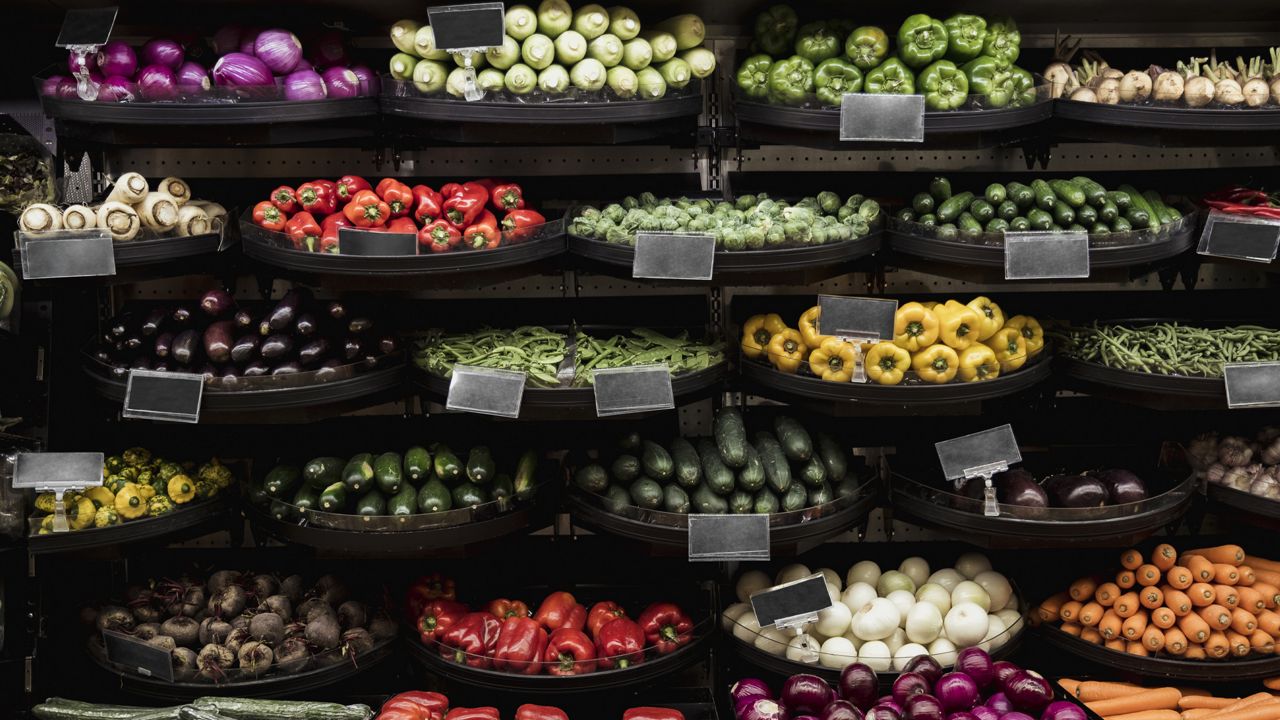KENTUCKY — Kentucky has the fourth highest rate of food insecurity among older adults in the U.S., according to the latest "State of Senior Hunger" data from Feeding America.
What You Need To Know
- Kentucky has the fourth highest rate of food insecurity among older adults in the U.S.
- The latest "State of Senior Hunger" data found that 6.9% of Kentucky seniors and 14.6% of adults aged 50 to 59 lack regular access to enough food or had to make trade offs between food and other basic needs
- Overall, 579,770 Kentuckians struggle with food insecurity, making up 12.9% of the population
- Feeding America Kentucky's Heartland recently received a grant of $150,000, which will allow FAKH to expand resources to older adults and seniors over the next two years
The study found that 6.9% of Kentucky seniors and 14.6% of adults aged 50 to 59 lack regular access to enough food or had to make trade offs between food and other basic needs. Only Arkansas, Delaware and Oklahoma were found to have higher rates of elder food insecurity.
Kentucky also ranked seventh in the nation for seniors on the cusp of food insecurity, the study found.
“This generation of Kentuckians spent most of their lives contributing to our communities and serving others, so it is only fitting that we support them as they age,” said Jamie Sizemore, executive director of Feeding America Kentucky's Heartland.
FAKH recently received a grant of $150,000 from Feeding America, which will allow FAKH to expand resources to older adults and seniors over the next two years. Officials said the grant funding will help provide nutritious food resources to older individuals in several rural communities.
Overall, 579,770 Kentuckians struggle with food insecurity, making up 12.9% of the population, the latest numbers show. Feeding America and the USDA estimate that over $318 million would be needed to end food insecurity in Kentucky.
“Many older adults and seniors are making strides to live healthy and active lifestyles,” said Sizemore. “Our network recognizes their goals and we are constantly working to eliminate barriers, such as lack of transportation or perceived stigma, which prevent seniors and older adults from getting the nutritious food resources that they need.”
FAKH has distributed around 250 million meals since its founding in 1982.



